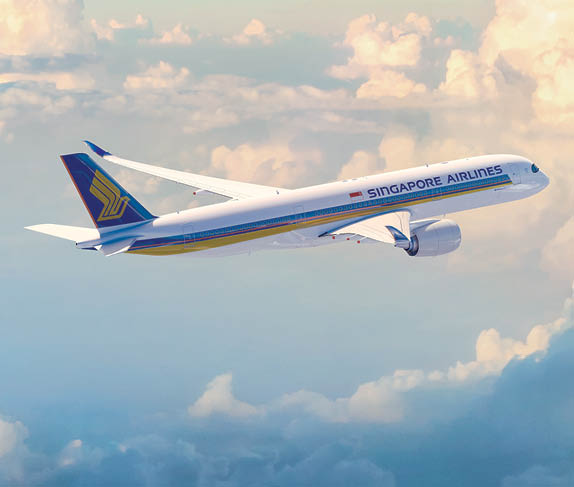Airbus and one of the world’s leading academic institutions, Tsinghua University have formed a partnership to complete a sustainability analysis of Chinese feedstocks, and to evaluate how best to support the development of a value chain to speed up the commercialisation of aviation bio-fuels. The value chain aims to produce and to promote the use of aviation bio-fuel in China, the world’s fastest growing aviation market.
In phase one, the partnership is assessing suitable feedstocks that comply with ecological, economic and social sustainability criteria. The sustainability analysis is managed by Airbus and involves close collaboration with Tsinghua and leading European institutions. Phase two will narrow down the most promising alternative fuel solutions.
The first results are due to be analysed in the second half of 2012. The goal is to select a number of feedstocks including used cooking oil (which would otherwise be waste) and also algae. By the beginning of 2013, the full sustainability analysis should have been completed.
From 2013 onwards, the partners will look at scaling-up the alternative fuel production process to achieve sustainable quantities of aviation fuel for commercial use.
“We are privileged to be working with our Chinese partners to determine how best we can contribute to a sustainable aviation sector in China” said Frédéric Eychenne, Airbus New Energies Programme Manager. “The commercialisation of alternative fuels is one of the essential ingredients in our quest to achieving ambitious environmental targets in aviation.
"We are grateful to Airbus support for the project." The Project Manager, Professor Zhang Xiliang, Director of Institute of Energy, Environment and Economy, Tsinghua University, said, "the project will help us improve the understanding of the nature of aviation Biofuels commercialisation in China, identify the opportunities and challenges, and evaluate the possibility of social, economic, market and technology change and its cost, obstacles and challenges. We believe that the research will have positive effects on energy conservation, emissions reduction and climate change addressing in Chinese aviation sector."
The partnership agreement is one of the initiatives to develop a complete sustainable aviation bio-fuel production capability in China, using only sustainable resources and is part of the Airbus goal to have in place a value chain in every continent by 2012. So far Airbus has value chains in Latin America, Australia, Europe, the Middle East, and with the Chinese value chain, Asia.
Turkish Airlines signs up for Jeppesen Crew Tracking Solution
Jeppesen, a unit of Boeing Flight Services, is now providing Turkish Airlines, the third largest international carrier in Europe, with its industry-leading Crew Tracking solution to help the airline manage its crew operations as the airline continues to expand its air service.
Adding Jeppesen Crew Tracking to the crew pairing and crew rostering solutions from Jeppesen already in production means that Turkish Airlines can now optimise the management of their nearly 8,000 crew members and enhance overall operating efficiency.
“Turkish Airlines have been able to speed up the planning process and reduce our operating costs thanks to Jeppesen’s Crew Pairing and Crew Rostering products”, says Dr. Temel Kotil, president and CEO of Turkish Airlines. “Now we are very pleased to have Jeppesen Crew Tracking in production after a short implementation period. The product will strengthen our ability to be in full control on the day of operation and bring cost savings that will increase our competitiveness.”
Daniyal Aratekin, director, Crew Planning, Turkish Airlines. “Jeppesen Crew Tracking will nicely fit into the increasing requirements of our rapidly growing organization with its flexibility and easy-to-modify characteristics. We also expect a positive effect on revenue from allowing more and later aircraft swaps, which increases our ability to adjust passenger capacity.”

